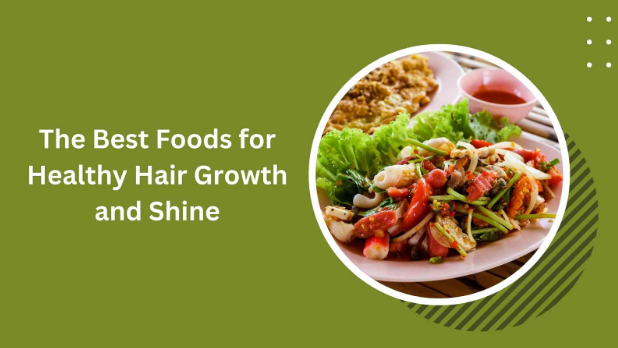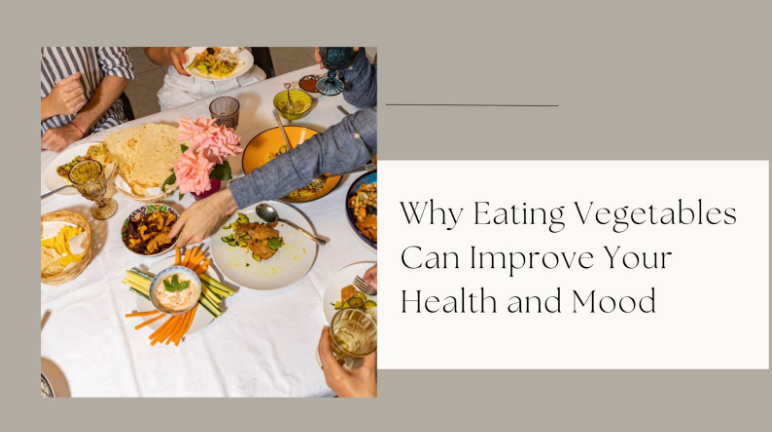Fueling your body properly before and after a workout is essential to maximize performance, recovery, and overall fitness results. Think of your body as a high-performing machine—it needs the right fuel at the right time to function optimally. The foods you choose can influence your energy levels during exercise, help you recover faster, and even enhance muscle building. Here’s a guide to what you should eat before and after your workout to get the best results.
Why Pre- and Post-Workout Nutrition Matters
Your body relies on specific nutrients to perform and recover:
- Before a workout, food provides the energy needed to power through exercises.
- After a workout, it helps repair muscles, replenish energy stores, and reduce soreness.
Eating the right foods at the right times ensures you’re not only getting the most out of your workouts but also supporting your long-term health and fitness goals.
What to Eat Before a Workout
The goal of pre-workout nutrition is to provide energy and prevent fatigue. A good pre-workout meal or snack should include a balance of carbohydrates, which provide quick energy, and protein, which supports muscle performance and recovery.
Timing Matters
Eat your pre-workout meal 1–3 hours before exercising. If you’re short on time, a small snack 30–60 minutes before your workout can also work. Avoid eating heavy or greasy foods close to your workout, as they can lead to discomfort or sluggishness.
Pre-Workout Food Options
- For 2–3 Hours Before a Workout:
- Grilled chicken, brown rice, and vegetables.
- Whole-grain toast with almond butter and banana slices.
- Oatmeal with berries and a drizzle of honey.
- For 30–60 Minutes Before a Workout:
- A banana with a spoonful of peanut butter.
- A small handful of trail mix (with dried fruit and nuts).
- Greek yogurt with a drizzle of honey or some fruit.
These foods are light, digestible, and provide a quick energy boost without weighing you down.
Stay Hydrated
Water is just as important as food before your workout. Dehydration can lead to fatigue and poor performance. Drink a glass of water 30 minutes before exercising, and continue sipping during your workout.
What to Eat After a Workout
Post-workout nutrition is all about recovery. Your body needs carbohydrates to replenish glycogen stores and protein to repair and rebuild muscle tissue. Ideally, eat your post-workout meal or snack within 30–60 minutes after exercising, when your body is most receptive to nutrients.
Post-Workout Food Options
- For Strength Training and Muscle Building:
- Grilled salmon with quinoa and steamed vegetables.
- A protein smoothie made with whey protein, a banana, almond milk, and spinach.
- Scrambled eggs with whole-grain toast and avocado slices.
- For Cardio Workouts:
- A turkey and avocado wrap on a whole-grain tortilla.
- Sweet potato with a drizzle of olive oil and a side of chicken breast.
- Low-fat yogurt with granola and a handful of berries.
Quick Post-Workout Snacks
If you’re short on time or not ready for a full meal, consider these quick and easy options:
- A boiled egg and an apple.
- Cottage cheese with a sprinkle of cinnamon.
- A handful of almonds and a piece of fruit.
Rehydrate Post-Workout
Exercise depletes your body’s fluids through sweat, so rehydration is essential. Water is usually enough for most workouts, but for intense sessions lasting over an hour, consider a sports drink with electrolytes to replace lost minerals.
The Role of Macronutrients
Carbohydrates
These are your body’s main source of energy. After a workout, carbs help replenish the glycogen used during exercise, especially if you’ve done endurance training like running or cycling.
- Examples: Sweet potatoes, whole grains, fruits, and legumes.
Protein
Protein repairs and builds muscles after strength training. Including a good source of protein after exercise can also reduce soreness.
- Examples: Chicken, fish, eggs, dairy, tofu, or protein shakes.
Fats
While fats aren’t as critical immediately after a workout, healthy fats are important for overall recovery and hormonal balance.
- Examples: Avocado, nuts, seeds, and olive oil.
Customizing Your Nutrition
Your pre- and post-workout meals should be tailored to the type and intensity of your workout:
- For light workouts, like yoga or a casual walk, smaller portions may suffice since these activities don’t deplete energy as much.
- For intense workouts, such as weightlifting or high-intensity interval training (HIIT), focus on larger meals with balanced macronutrients to fuel performance and recovery.
Listen to your body’s hunger and energy levels. Some people prefer lighter snacks before exercise, while others do better with a full meal.
Common Mistakes to Avoid
- Skipping Meals: Skipping pre- or post-workout nutrition can leave you feeling weak and hinder your recovery.
- Overeating: Avoid consuming overly large portions, as this can lead to discomfort or weight gain if you’re not burning enough calories.
- Ignoring Hydration: Even the best foods won’t help if you’re dehydrated, so make water a priority.
Conclusion
Proper nutrition before and after your workout can transform your fitness routine, helping you perform better, recover faster, and achieve your goals more efficiently. A balanced combination of carbohydrates, protein, and hydration is key to fueling your body and optimizing results.
By planning your meals around your workouts, you’re setting yourself up for success both in the gym and in your overall health journey. Remember, consistency and balance are the ultimate ingredients to achieving maximum results.














